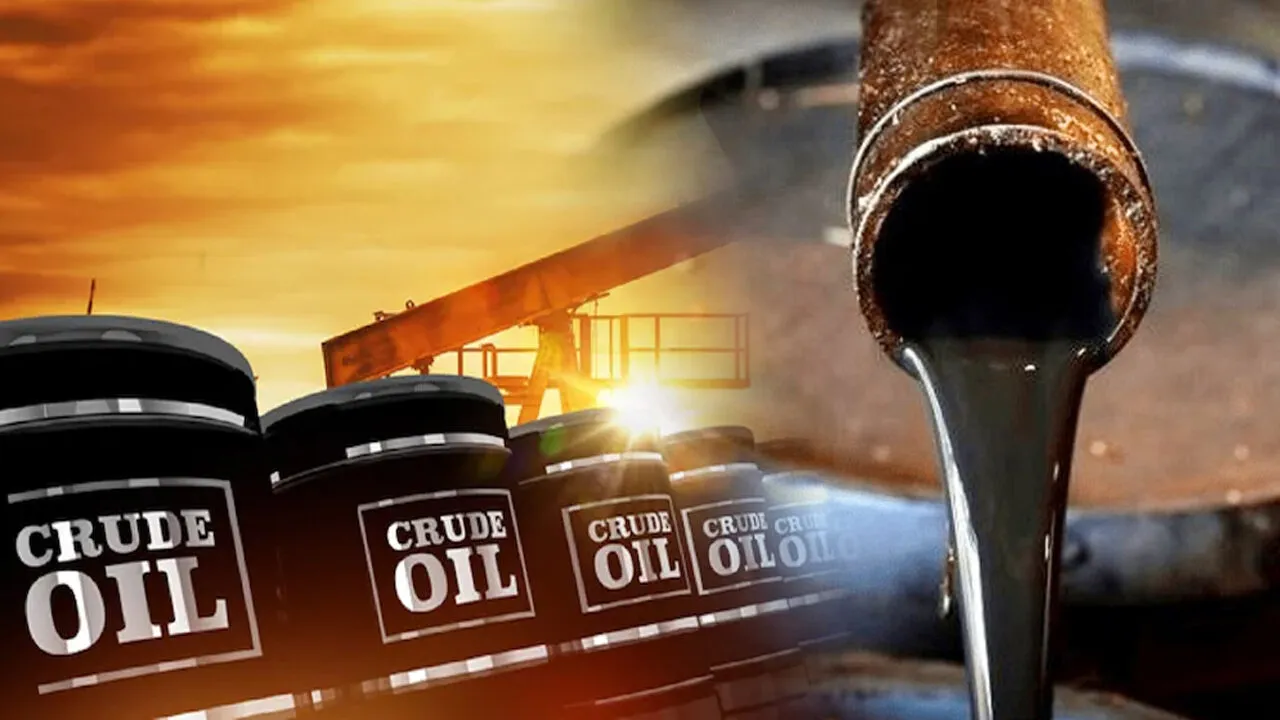Crude oil has long been a primary energy source, powering various industries, from transportation to electricity generation. However, with the growing awareness of climate change, environmental pollution, and the shift towards renewable energy sources, the future of crude oil faces numerous challenges and uncertainties. This article will analyze the future of crude oil globally, the factors influencing it, and the trends that may shape this industry in the coming years.
1. Global Crude Oil Consumption Trends
Over the past few decades, the demand for crude oil has grown significantly, particularly in developing countries. However, this trend may change in the near future. Key factors influencing crude oil demand include:
- Energy Transition: Many countries are beginning to transition from fossil fuels to renewable energy. The increased use of solar, wind, and other cleaner technologies will likely reduce crude oil demand. Policies promoting renewable energy and stringent emissions regulations will continue to drive this trend.
- Development of Electric Vehicles: The automotive industry is undergoing a revolution with the emergence of electric vehicles (EVs). The rapid growth of EVs will not only help reduce dependence on crude oil but also transform energy consumption patterns globally.
- Changing Consumer Behavior: Consumers are increasingly aware of environmental issues and seek more eco-friendly products. This leads to a rise in public transportation use and other sustainable modes of transport.
2. The Impact of Technology
Technology plays a crucial role in shaping the future of the crude oil industry. Several emerging technologies may influence how crude oil is extracted and consumed:
- Advanced Extraction Technologies: Technologies like horizontal drilling and shale oil extraction have enhanced crude oil production in recent years. However, technological advancements could also lead to a decline in traditional crude oil demand if replaced by alternative energy sources.
- Energy Storage Technology: The development of energy storage solutions, particularly batteries, will enhance the utilization of renewable energy. This could decrease crude oil demand for electricity generation and powering transportation.
- Carbon Capture Technologies: Carbon capture and storage (CCS) technology can help mitigate emissions from oil and gas power plants, allowing crude oil to maintain its role in the global energy system for a longer period.
3. Key Factors Influencing the Crude Oil Market
Several factors will continue to impact the future of crude oil, including:
- Political and Geopolitical Factors: Political issues, including decisions made by OPEC and geopolitical conflicts, can significantly influence oil prices. Political instability in major oil-producing regions can lead to price spikes and supply disruptions.
- Global Economic Conditions: Economic growth or recession will affect crude oil demand. In the context of recovery from the COVID-19 pandemic, crude oil demand may rebound; however, if the economy shifts towards a more sustainable model, demand could decrease.
- Changes in Environmental Policy: Regulations on emissions and incentives for renewable energy usage will shape how and to what extent crude oil is utilized in the future. Countries may adopt stricter policies to encourage the transition to cleaner energy.
4. The Future of the Crude Oil Industry
Based on the aforementioned trends and factors, the future of the crude oil industry could unfold in several scenarios:
- Gradual Decline Scenario: Crude oil demand may gradually decrease over the next decade due to the transition to renewable energy and cleaner technologies. Oil companies may need to adjust their business models, focusing on other areas such as renewable energy and emission reduction.
- Stabilization Scenario: In some regions, crude oil demand may remain stable while new technologies are developed to minimize environmental impacts. Oil companies might invest in carbon technology and sustainable extraction methods to maintain their position in the energy market.
- Sustainable Growth Scenario: If countries effectively develop and implement clean technologies, crude oil demand could grow at a lower rate while still maintaining its significant role in the global energy system. This transition will require oil companies to innovate and develop environmentally friendly practices.
Conclusion
The future of crude oil in the world faces significant challenges. The shift towards renewable energy, technological advancements, and changes in consumer behavior will shape this industry in the coming years. Oil companies need to adapt to these changes to survive and thrive in an increasingly sustainable world. Only by harmonizing the oil industry with environmental protection and sustainable development goals can crude oil find its place in a future less reliant on fossil fuels.


